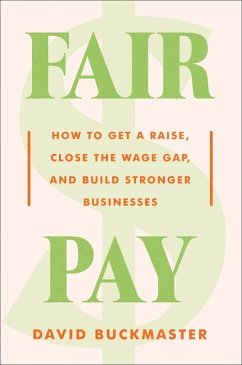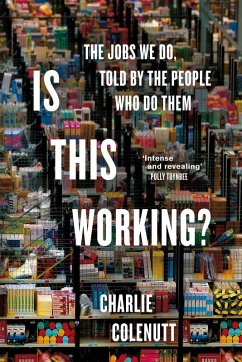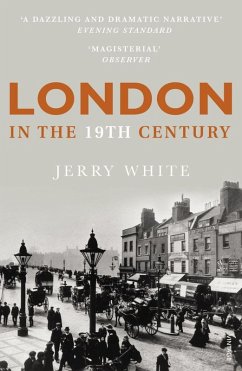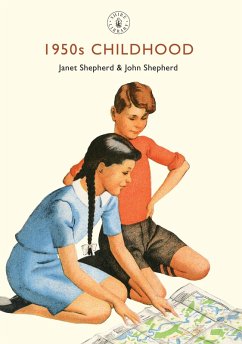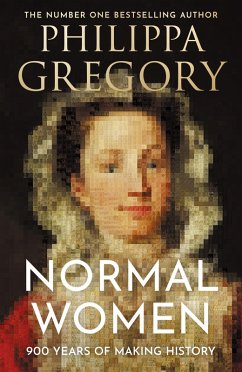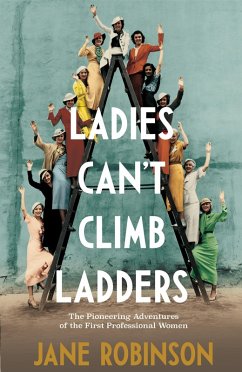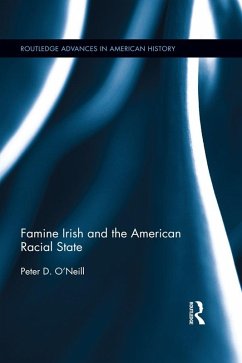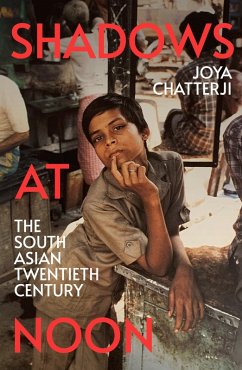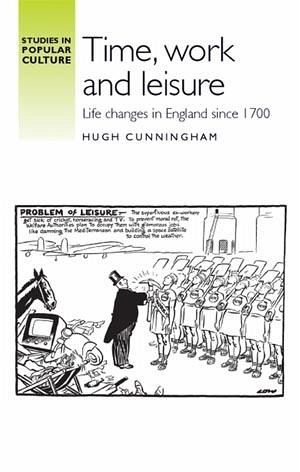
Time, work and leisure (eBook, ePUB)
Life changes in England since 1700
Versandkostenfrei!
Sofort per Download lieferbar
13,95 €
inkl. MwSt.
Weitere Ausgaben:

PAYBACK Punkte
7 °P sammeln!
Explores the major changes in our use of and attitude to time over three centuries. Asks why the 1960s and 1970s expectation that leisure time would increase has failed to come about
Dieser Download kann aus rechtlichen Gründen nur mit Rechnungsadresse in A, D ausgeliefert werden.




